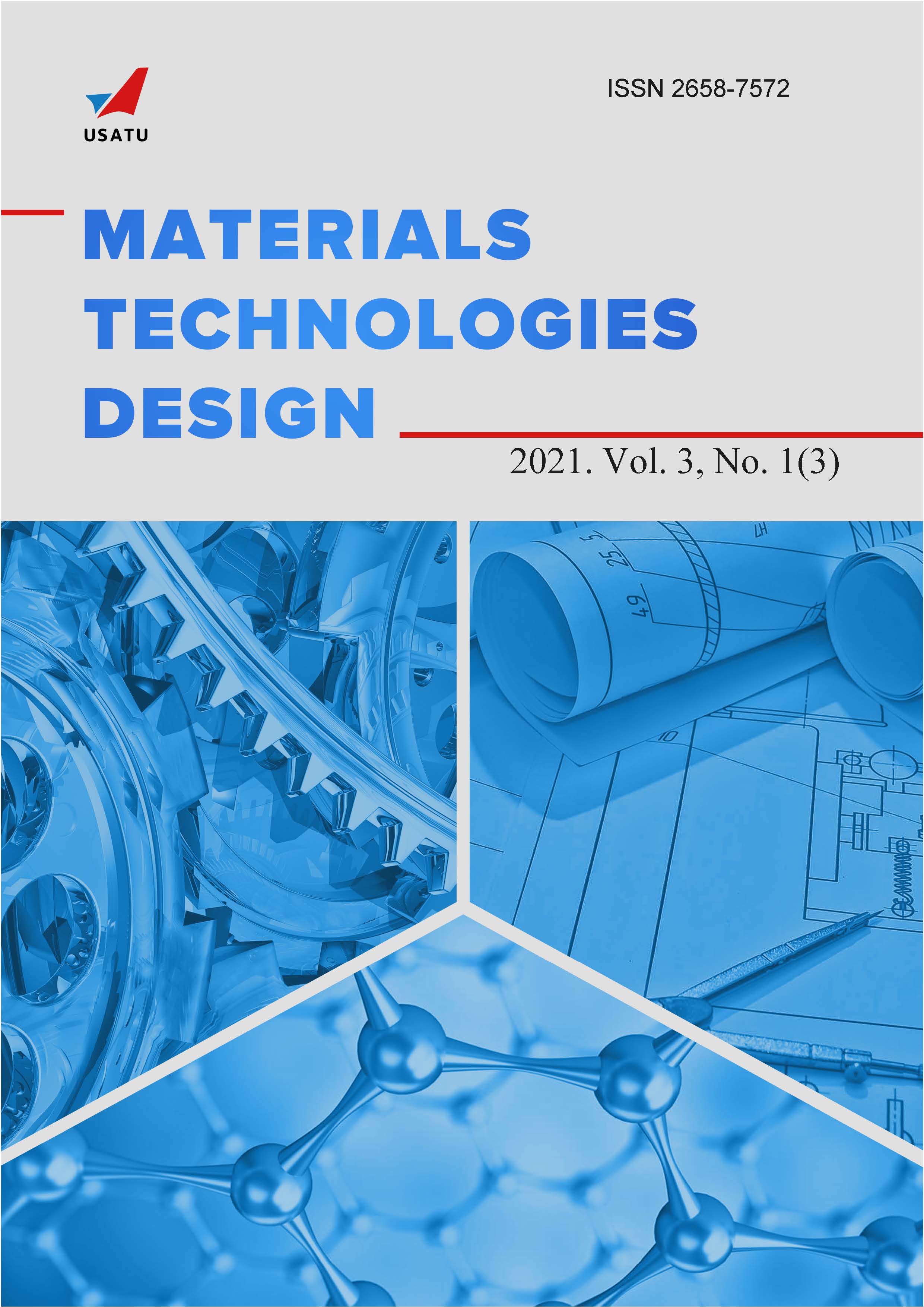The use of non-destructive inspection methods to assess the quality of welded joints of aluminum alloys obtained by friction stir welding
Keywords:
Friction stir welding; welding of aluminum alloys; non-destructive testing; friction welding; destructive testingAbstract
Friction stir welding is a new effective method of joining parts, the use of which is associated with reduced energy consumption, and also leads to a reduction in the total weight of the welded structures. Due to this, this method is used in such industries as rocket science, shipbuilding, construction and many others. At the same time, in some cases, there is a risk of defects in welded joints, which are not visually determined, but reduce the stability of the structures. One example of such a defect is the «smoothed non-weld» In this paper, an attempt is made to study the possibilitiesof various methods of non-destructive testing for evaluating the quality of welds of aluminum alloys obtained by friction welding with mixing (STP). The literature review of the known technologies of STP control is carried out. It is revealed that this welding method has a number of specific defects. One of the most reliable methods for detecting defects in the resulting welded structures is ultrasonic flaw detection with phased antenna arrays, which, however, does not fully reveal the imperfections of the joint line. In general, the analysis of the literature showed that the data on the methods used vary greatly. Non-destructive testing methods were tested, such as: visual measurement control, color flaw detection, luminescence control, radiographic control. The obtained control results are compared.Downloads
Published
2021-19-04
How to Cite
Artemev Р. Е., Sitdikova А. Ф., Atroschenko В. В., Savichev М. П., & Selivanov А. С. (2021). The use of non-destructive inspection methods to assess the quality of welded joints of aluminum alloys obtained by friction stir welding. Materials. Technologies. Design., 3(1 (3), 5–10. Retrieved from http://journal.ugatu.su/index.php/mtd/article/view/3125
Issue
Section
Articles

